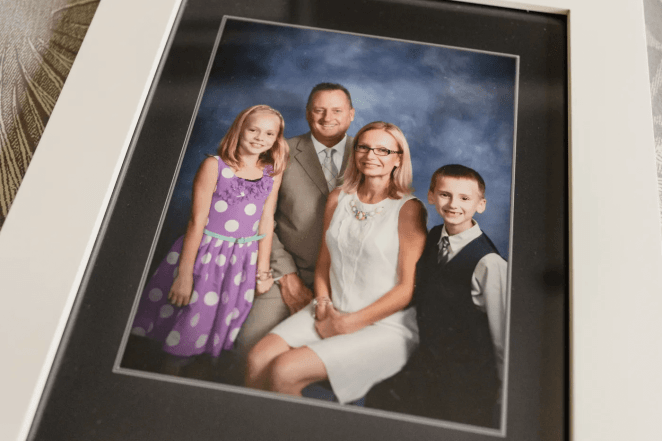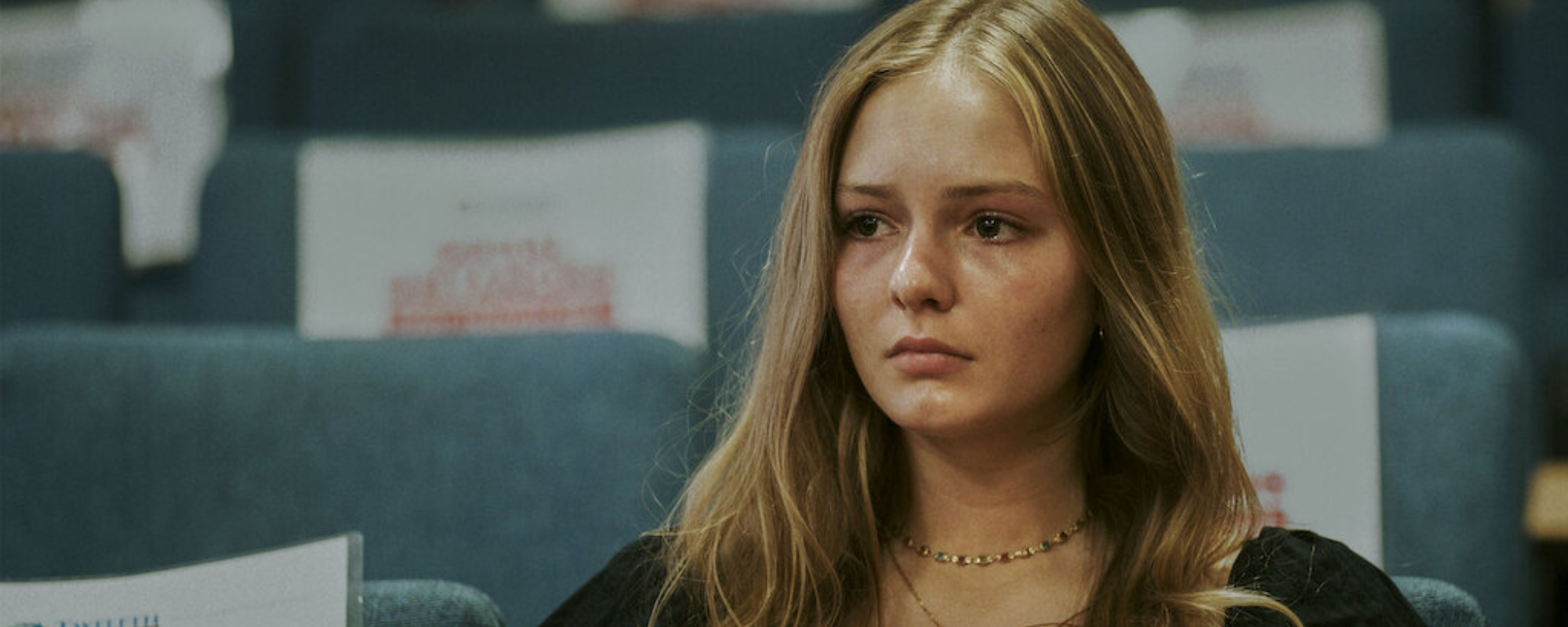Maya Kowalski is speaking out about her difficult medical situation, and how the claims of Munchausen Syndrome by Proxy that were made against her mother, Beata Kowalski, resulted in her suicide.
Videos by Rare
Seeking Treatment

Maya, 17, and her father Jack have experienced the pain caused by her rare neurological disorder. In 2015, Maya, nine at the time, started getting asthma attacks, headaches, and lesions on her arms and legs. Her feet began to cramp and curl, leaving many doctors perplexed by her symptoms, with one even saying that it was all in her head.
“But Maya would be crying 24/7,” Jack, 61, shared. “We knew she wasn’t faking.”
Beata, Maya’s mother, was informed of a rare neurological condition called Complex Regional Pain Syndrome (CRPS). This disorder can bring about constant or intermittent pain in the limbs, a burning feeling, and extreme discomfort to the touch. Even mundane activities, such as measuring blood pressure, can become extremely painful.
Maya’s family sought help from Dr. Anthony Kirkpatrick, an anesthesiologist and pharmacologist in Tampa. Dr. Kirkpatrick specializes in Complex Regional Pain Syndrome (CRPS), and he was able to diagnose Maya with this condition.
CRPS “is an abnormal function of the sympathetic nervous system,” Dr. Kirkpatrick shared. Over time, “your senses get ramped up so if a drop of water touches your skin, it can feel like somebody’s jabbing you with a knife.”
Dr. Kirkpatrick began treating Maya with infusions of the anesthetic drug ketamine, but her symptoms persisted. He then proposed a more extreme solution: a five-day ‘ketamine coma’, which would flood her nervous system with a high dose of the drug and essentially ‘reset’ it. This procedure is still experimental and not approved by the FDA, so the family had to go to Mexico in order to have it done.
The treatment posed a risk, but Maya’s father Jack said “it was the only hope we had.”
“I felt amazing,” Maya shared. She kept getting ketamine infusions to manage her flare-ups caused by CRPS, a disorder that can be managed but not cured.
Egregious Injustice
In October of 2016, Maya was rushed to the ER with severe stomach pain. Her parents explained her CRPS to the attending physicians and asked for the ketamine treatment.
Hospital staff were concerned when they heard the request and contacted child protective services. An investigative team later accused Beata of child abuse due to Munchausen syndrome by proxy.
A psychological evaluation, ordered by the court, eventually decided that Beata did not have a mental illness. However, only a week after Maya was admitted to Johns Hopkins Hospital, she was taken into state custody and had to stay there for over three months, away from her family.
“One day I was in the ICU, and my mom kissed me on the forehead and was like, ‘I love you. I’ll see you tomorrow.’ I never saw her again,” Maya shared. “I was medically kidnapped. I tried being hopeful, but there was a point where I thought, ‘I’m never getting out of this place.’”
Without Maya, Beata “was deteriorating.” According to Jack, “She would stay up and research and hardly eat.” When a judge during the hearing denied Beata a chance to hug her daughter, it “destroyed her.”
Beata, 43, tragically passed away by suicide in January 2017, after not seeing her daughter for over 87 days. She wrote an email that was found after her death. “I’m sorry, but I no longer can take the pain being away from Maya and being treated like a criminal. I cannot watch my daughter suffer in pain and keep getting worse.”
“This little girl was already hurting, and now I had to tell her that her mother’s passed,” Jack shared. “It was horrible.”
Five days after her hospital stay, Maya was released into her dad’s care and went home to Venice, Florida. There, she faced the physical pain of her condition as well as the emotional pain of her mother’s death. Jack reported that her health had declined while in the hospital, as she was not receiving ketamine treatments. Unfortunately, a court order prevented her from getting ketamine treatments upon her release.
The family ventured into less effective treatments that were avoidably painful. “We worked with her slowly: water therapy, things like that, but it was horrible — after losing my wife, I thought my daughter was next.”
It was a full year and a half before Maya was able to walk unassisted again.
A lawsuit has been filed against the hospital and the trial is set to take place in September, more than six years after Beata passed away. “For us as a family to move on, we need to fulfill my mom’s wish and fight,” Maya shared. “I want justice for my mom.”
The Kowalski’s story will unfold in a new documentary Take Care of Maya. It’s set to premiere at the Tribeca Film Festival and will stream everywhere on June 19.



